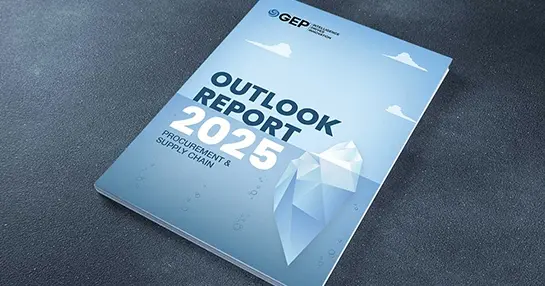What is Compliance Risk Management?
Compliance risk management is the process of identifying and assessing legal penalties, financial losses, and material losses, associated with an organization’s failure to act under certain laws and regulations.
The meaning of Compliance risk is that it’s a continuous process that involves tracking changes in the environment. It keeps the organization up to date with regulations. Most companies operate in the middle of the supply chain and thus practice due diligence in supply chain compliance. The supply chain imposes its own unique challenges for companies. Therefore, its integrity should be preserved by taking an array of steps, and this can be done by collaborating with different entities.
To do so, there are a vast number of regulations that must be followed. Rules and regulations should be followed in order to avoid the risk of regulatory scrutiny. An effective compliance contract should be set in motion. It’s a necessary part of a company's risk management strategy as it helps ensure all parties stick to the terms and conditions. Further, Contract compliance can help businesses meet regulatory requirements, thereby saving organizations from negative impacts on their reputation. It also saves them from fraud and corruption.
Challenges Ensuring Compliance
Supplier management
This is often difficult because it cannot be monitored in real time. Prior research at the start of a supply relationship is a must to ensure that companies' needs are met. But it becomes more challenging to assure that the supplier is doing what they say they're doing.
Evaluating Risks
Risk events that happen in the supply chain can put a company and its customers in danger. Regardless, a risky event could happen at any point in the supply chain and jeopardize everything. A key concept of compliance risk management is the identification and evaluation of risks.
Assigning Risk Level
It includes reviewing reports from the management and regulatory bodies. It also identifies the summaries of relevant data. Assigning a risk level to each potential problem or opportunity can help focus on what needs to be addressed.
To become compliant, an organization has to assess its risk factors against the law. After this assessment, the organization can create a strategy to ensure it stays compliant. With proper supply chain compliance and contract compliance, risks can be monitored in dynamically changing environments.
Stay Ahead With Fresh Thinking and Insights
Explore the latest trends, technologies, and strategies in procurement and supply chain management. Dive into insight-packed white papers, research reports, case studies, and webcasts to stay informed and lead the way.

GEP Outlook 2025: Procurement & Supply Chain Key Trends, Challenges and Opportunities

World's Leading, Unified Source-to-Pay Platform for Direct and Indirect Spend Management
GEP SMART is an AI-powered, cloud-native source-to-pay platform for direct and indirect procurement. GEP SMART offers comprehensive source-to-pay functionality in one user-friendly platform, inclusive of spend analysis, sourcing, contract management, supplier management, procure-to-pay, savings project management and savings tracking, invoicing and other related functionalities.

Next-Gen, End-to-End Supply Chain Management Platform for the Connected Enterprise
GEP NEXXE is a unified and comprehensive supply chain platform that provides end-to-end planning, visibility, execution and collaboration capabilities for today’s complex, global supply chains. Built on a foundation of data, artificial intelligence and cognitive technologies, GEP NEXXE helps enterprises digitally transform their supply chains and turn them into a competitive advantage.




